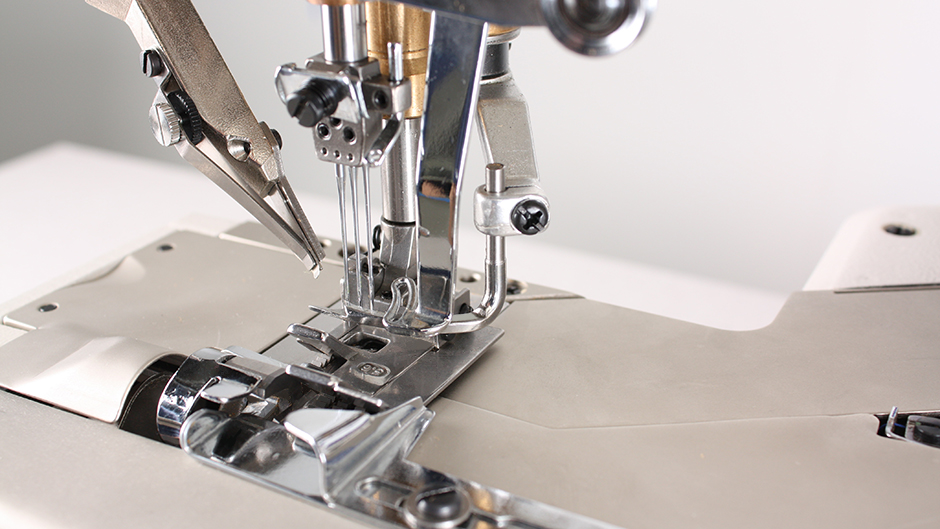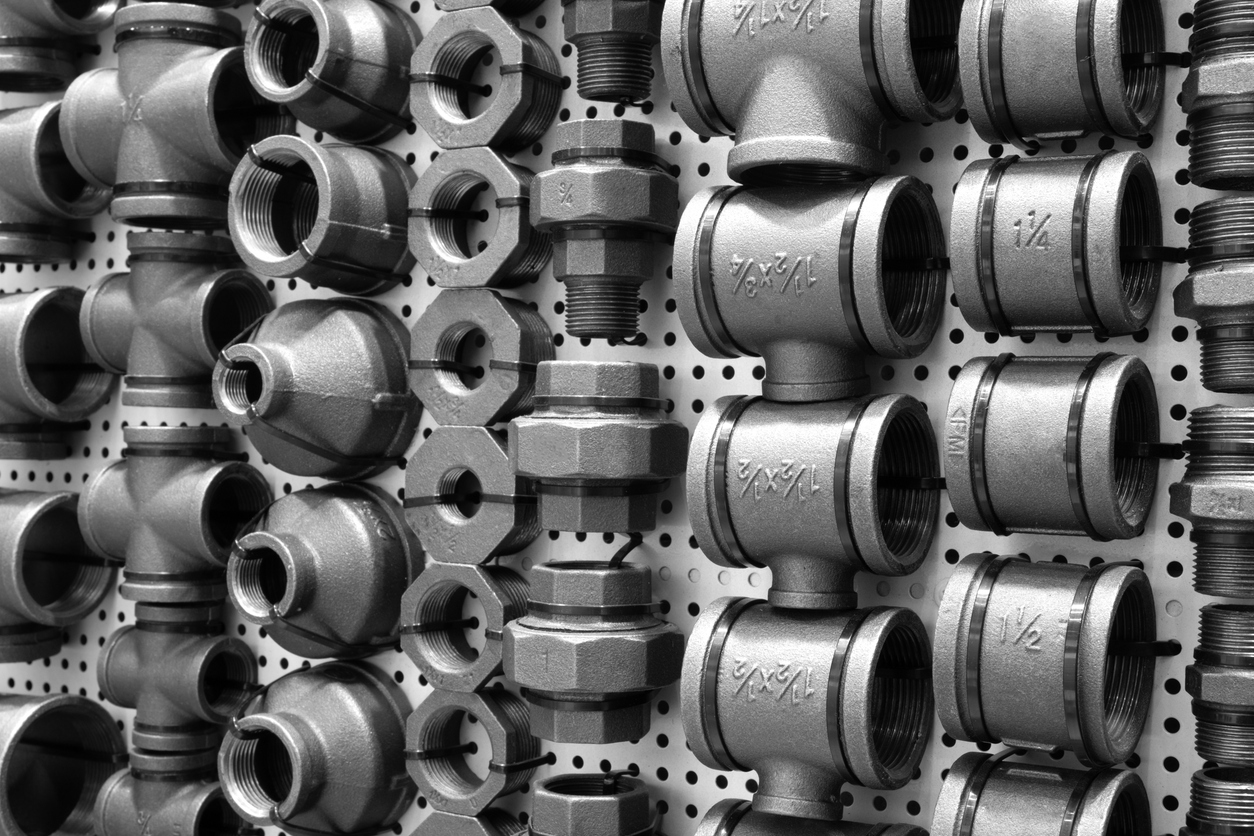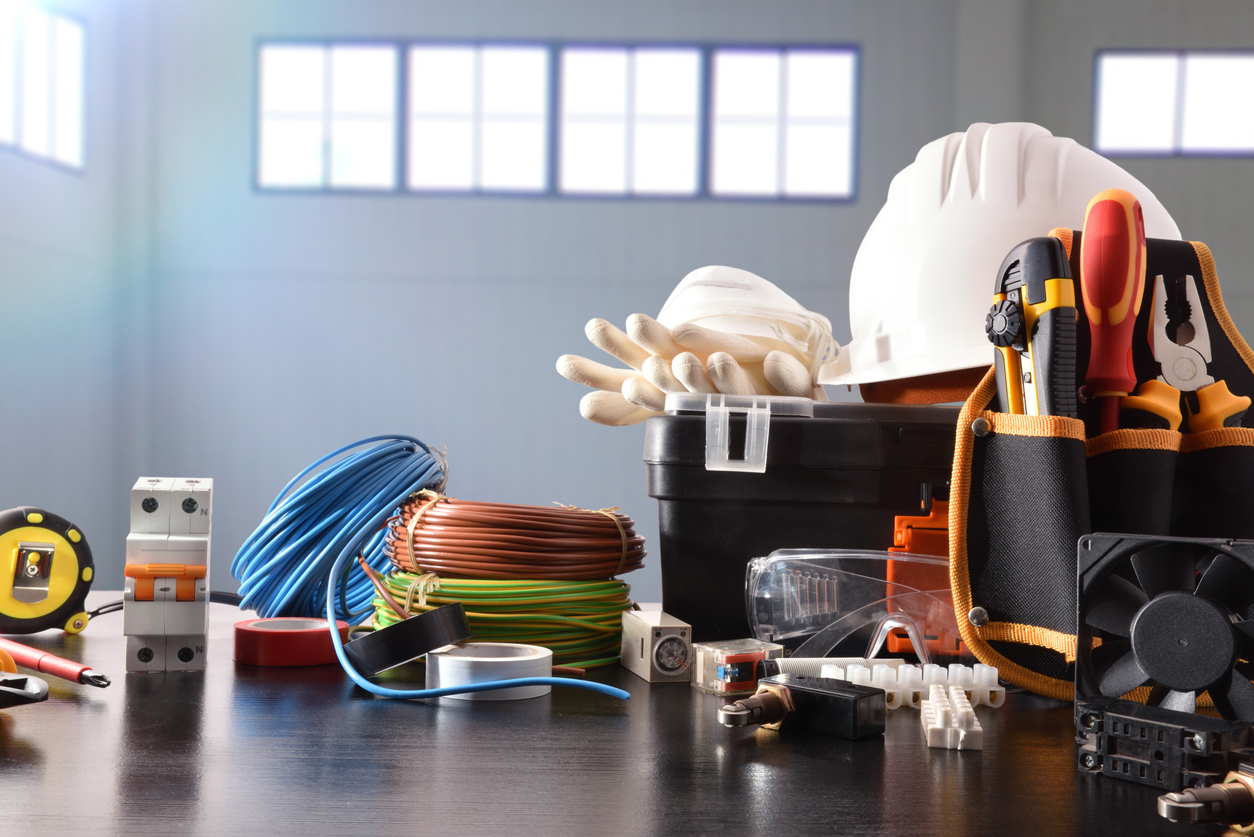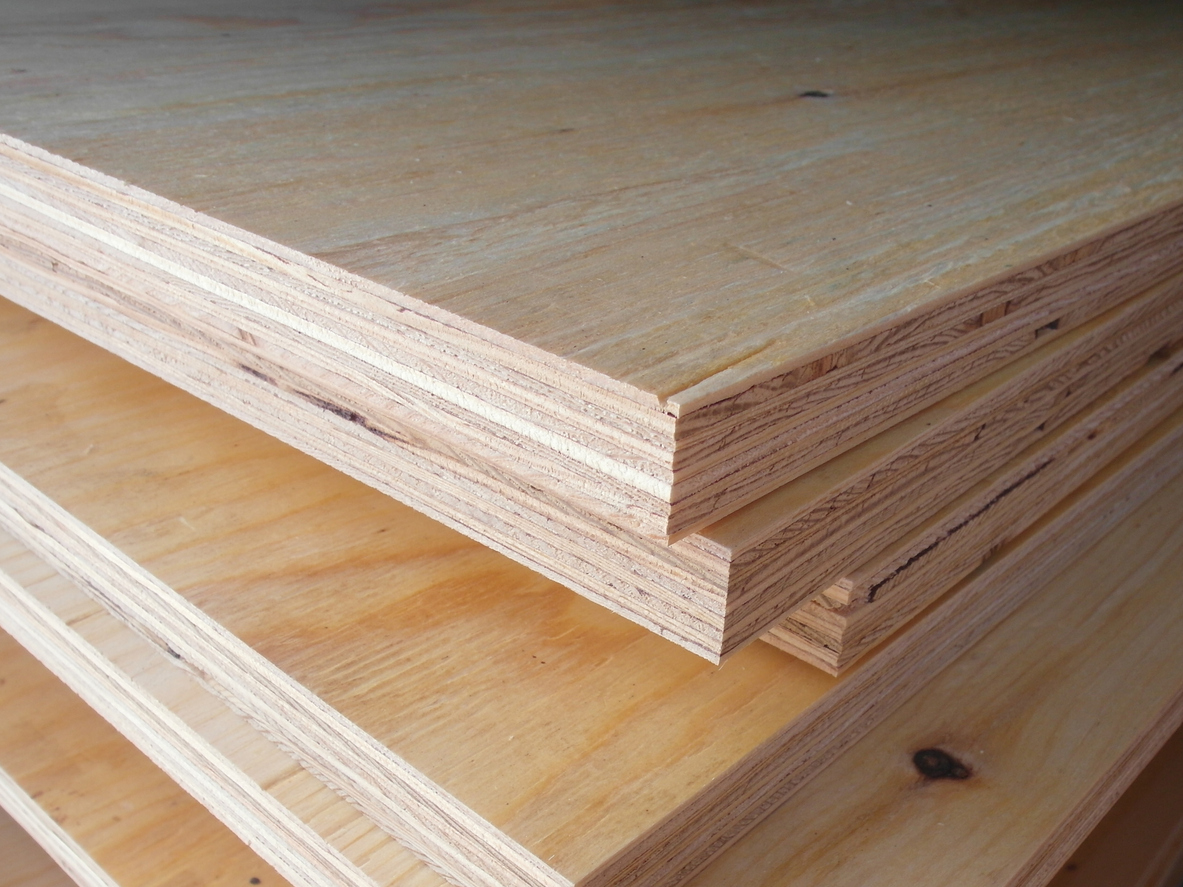A Guide to Buying An Industrial Sewing Machine in Nigeria: A Look at Prices and Features
A Guide to Buying An Industrial Sewing Machine in Nigeria: A Look at Prices and Features
Shopping for an industrial sewing machine can be an overwhelming task, especially if you’re doing it for the first time. With so many brands and models on the market, it can be difficult to know which one is best for your needs. But don’t worry, this guide to buying an industrial sewing machine in Nigeria will help you decide. We’ll take a look at prices, features, and other important factors to help you find the perfect machine for your needs. Whether you’re looking for a basic machine to do basic repairs or a more complex one for large-scale projects, this guide will help you make the right decision. So, let’s get started and find the industrial sewing machine that’s right for you!
Types of Industrial Sewing Machines
There are four main types of industrial sewing machines, each of which is designed for a different type of project. The type you need will depend on the material you’ll be sewing and the scale of your projects. Here are the four types of industrial sewing machines: – Standard sewing machines – These are the most common type of industrial sewing machines. They’re designed to handle a wide range of fabrics, and are great for home use. – Heavy-duty sewing machines – These machines are designed to sew through thick and heavy fabrics, like denim or canvas. They’re also great for sewing multiple layers of fabric together. – Stretch sewing machines – These are designed to sew fabrics that are very stretchy, like spandex or Lycra. They’re also great for sewing athletic gear, swimwear, and other stretchy fabrics. – Wide-width sewing machines – These are designed to sew very wide fabrics, like quilting fabric or upholstery materials. If you need to sew something very wide, like a sofa cushion, a wide-width sewing machine is the one for you.
Factors to Consider When Shopping for an Industrial Sewing Machine
There are a few key factors to keep in mind when shopping for an industrial sewing machine. While price is important, it’s not the only factor you should consider, and it shouldn’t be the primary consideration. Here are some other important factors to keep in mind when shopping for an industrial sewing machine: Stitches – The number and type of stitches an industrial sewing machine comes with will determine how many projects you can do with it. While a standard sewing machine might come with 50 to 100 stitches, an industrial sewing machine could have up to 1,000. So, consider the types of projects you’ll be doing and how many stitches they need, and select a machine with the right number of stitches for your needs. Speed – The speed of an industrial sewing machine will depend on the type of machine you choose. Standard sewing machines tend to be the slowest, while wide-width sewing machines tend to be the fastest. Depending on the type of projects you’ll be doing, you may need a faster or slower machine. Size – The size of an industrial sewing machine will depend on the type you choose. Standard sewing machines are the smallest, while wide-width sewing machines are the largest. If you need to fit your machine in a small space, a standard sewing machine may be the best option for you. Power – The power of an industrial sewing machine is measured in watts. The higher the wattage, the more powerful the machine will be. If you need to sew through thick fabrics, like denim, or if you’re sewing multiple layers of fabric together, you’ll want a more powerful machine.
Prices of Industrial Sewing Machines in Nigeria
The price of an industrial sewing machine will depend on the type of machine you choose and the brand you buy. Standard sewing machines tend to be the cheapest, while wide-width sewing machines tend to be the most expensive. You can find industrial sewing machines for sale at a wide range of prices, so there’s something for every budget. Keep in mind that higher price doesn’t always mean better quality, but it does often indicate a more complex machine with more features. If you’re shopping for a standard sewing machine, you can expect to pay anywhere from NGN 10,000 to NGN 50,000. If you’re looking for a heavy-duty sewing machine, you can expect to pay anywhere from NGN 30,000 to NGN 100,000. And if you’re shopping for a wide-width sewing machine, you can expect to pay anywhere from NGN 60,000 to NGN 250,000.
Features to Look for in an Industrial Sewing Machine
There are a few key features to keep in mind when shopping for an industrial sewing machine. The first is the type of fabric you’ll be sewing. Some fabrics, like denim or canvas, will require a heavy-duty sewing machine, while others, like silky fabrics, can be sewn with a standard sewing machine. You should also consider the size of the projects you’ll be doing. Standard sewing machines are good for smaller projects, while wide-width sewing machines are great for larger projects, like upholstery. You should also consider the speed of the machine you choose. If you’re doing a lot of fast-paced projects, you may want a faster machine. You should also consider the thread spool size. If you’re sewing with very thick fabric, you’ll need extra-large spool sizes to accommodate the thickness of the thread. You should also consider the type of bobbin your machine uses. If you’re sewing with thick fabric, you’ll want to use large bobbins to accommodate the thread.
Questions to Ask Before You Buy
– How long has the company been in business? This is an important factor to keep in mind when shopping for any product, but especially important when shopping for an industrial sewing machine. If you’re buying a new machine, you want to make sure you’re getting a quality product from a reputable company. A company with a long history is more likely to produce a high-quality product. – What type of industrial sewing machines do they produce? While all industrial sewing machines are designed for industrial use, some are more complex and have more features than others. You want to make sure the company you choose produces a machine that meets your needs, especially if you’re buying a wide-width sewing machine, which tend to be more complex. – Where is it made? While industrial sewing machines are designed for use in industrial settings, they’re often imported from other countries. If you’re buying an imported sewing machine, you may not be able to get warranty, parts, or support.
Where to Buy an Industrial Sewing Machine
You can buy industrial sewing machines through online and offline shops. If you’re buying it online, you’ll want to make sure the company has a good reputation and that they’re reputable. If you’re buying it offline, you can visit local industrial sewing machine shops. You may want to ask them to let you test out a few models to find the one that’s best for you. You can also visit trade shows and expos, where you can test out a wide variety of industrial sewing machines. You’ll be able to find a machine that meets your needs and fits your budget.
Conclusion
Choosing the right industrial sewing machine can be a tough decision, especially if you don’t know what to look for or if you’ve never bought a machine before. With this guide, you can find the perfect machine for your needs. Whether you’re looking for a basic machine for basic repairs or a more complex one for large-scale projects, this guide will help you make the right decision. So don’t wait any longer, find the perfect machine today!








LEAVE A COMMENT
You must be logged in to post a comment.